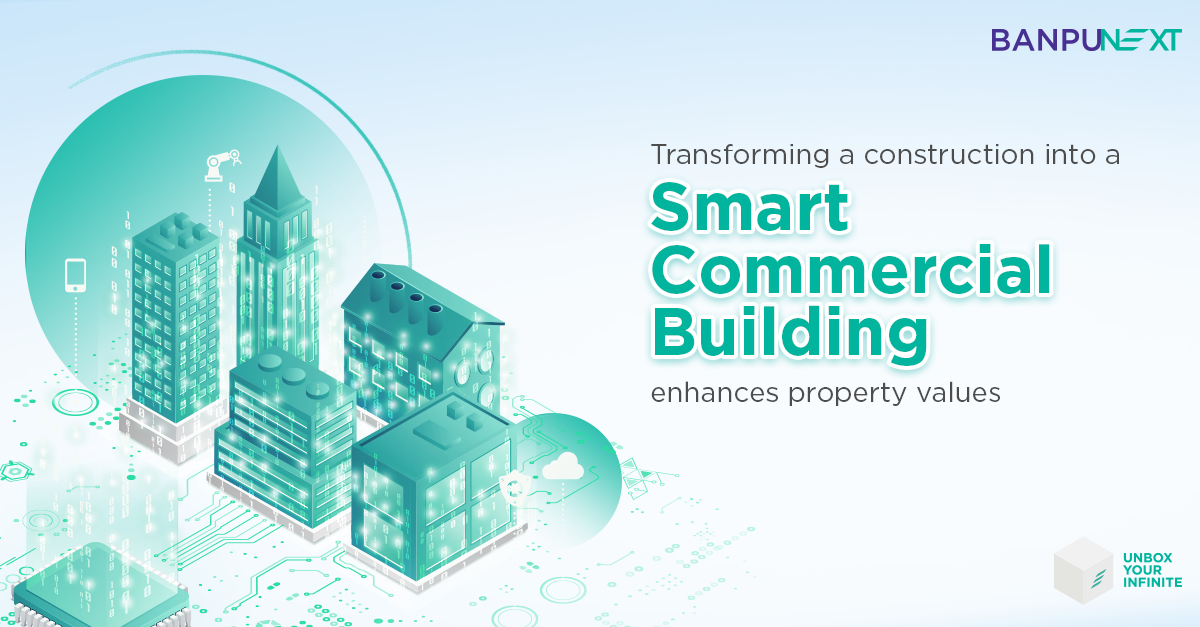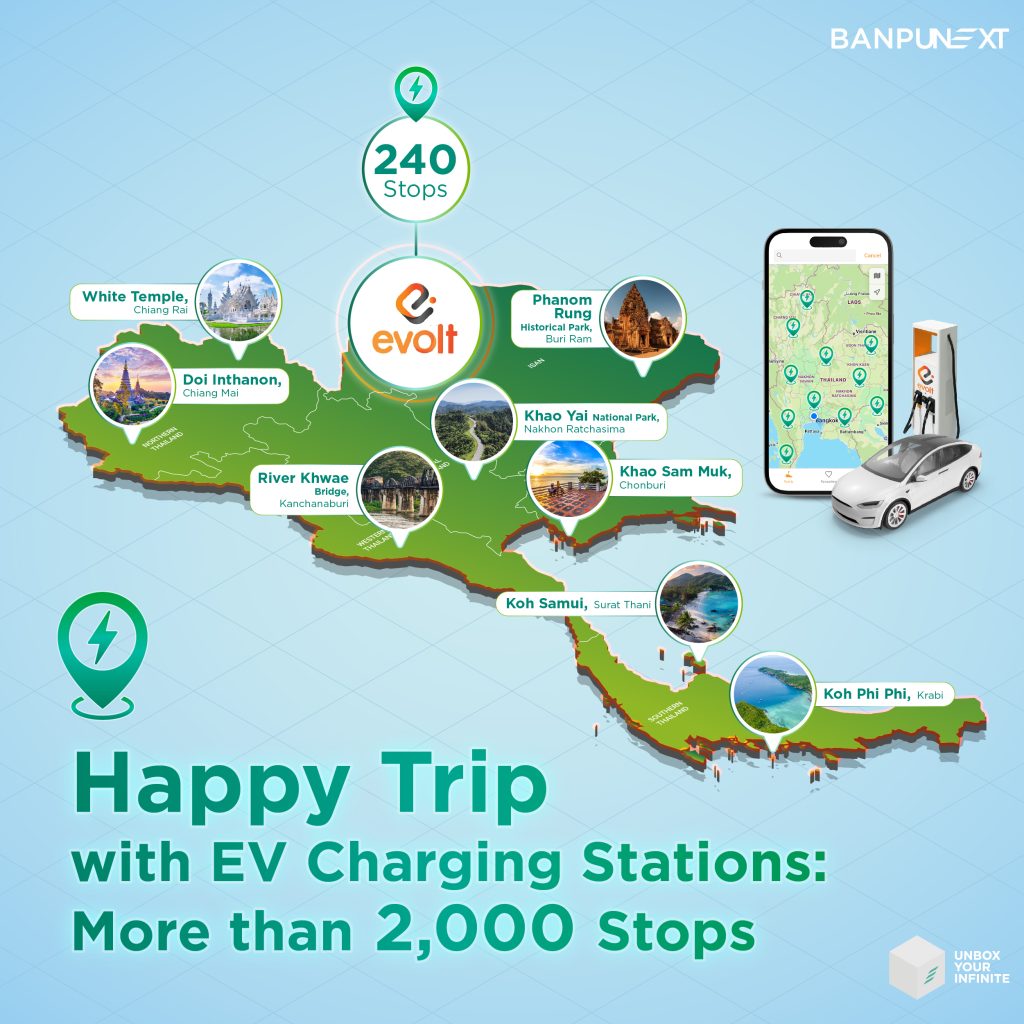Construction of buildings over the past few years has brought about pollution issues and climate change. According to data from The Buildings-GSR, it has been found that commercial buildings have a high energy demand, with an average energy consumption rate of 34%, and contribute as much as 37% to greenhouse gas (GHG) emissions. This has led to global consideration for sustainable development (SDGs) aiming to achieve a Net-Zero mission.
Additionally, research by CBRE predicts that in 2023, office space will increase by up to 450,000 square meters. However, there is a significant decrease in the average rental rates, especially for the buildings that have not been renovated, limited facilities, or difficult access to mass transportation systems. The reason is that the tenants require flexible space and more comprehensive services.
Therefore, various businesses have begun prioritizing office buildings compatible with international standards while being environmentally friendly. They also tend to develop high-quality buildings with green surroundings, making Smart Buildings a preferable choice that meets current demands.
Introduction to Smart Building
Smart Building refers to a building that incorporates innovative technologies to enhance the structure’s performance. The main objective is to improve operational efficiency, reduce energy consumption, and minimize greenhouse gases while providing convenience for users. It is considered a key component of sustainability goals.
Key Benefits of Smart Building
Transitioning to Smart Buildings presents numerous advantages beyond keeping organizations technologically progressive and modern. It also enhances the value of commercial buildings and smart businesses. Some notable benefits include:
Improving Energy Efficiency in the Building
Since Smart Buildings require interconnected devices that communicate in real-time and allow for data exchange, the Internet of Things (IoT) plays a significant role in centralized energy systems. This technology helps the users improve the building’s internal environment, including movement, temperature, lighting, and air quality. Also, monitor real-time energy consumption, and analyze energy usage during different periods. As a result, the outcome is an efficient Energy Management System (EMS) from a productive energy generation system.
Reducing Energy Costs in the Building
In general, Smart Buildings are equipped with Building Automation Systems (BAS), which monitor and control various operations within the building, such as lighting, temperature, and air quality, to optimize efficiency.
Moreover, Big Data analytics are utilized to analyze energy patterns, identify peak periods, and assess suitable environmental conditions for different areas. This allows users to forecast energy statistics before making appropriate adjustments. Smart Buildings can also be ameliorated by incorporating alternative energy sources. For example, installing solar roofs can generate clean energy, leading to energy conservation and cost reductions for the organization.
Creating Better User Experiences
Inside a Smart Building, there are various systems designed to provide convenience to users based on the principle of personalization. These systems can adjust to the individuals’ needs, such as automatic control of lighting or temperature. Through mobile phones, users can customize settings and access other building services. Additionally, the building is equipped with security systems, including CCTV cameras, AI facial recognition, and Emergency Calls (SOS), to ensure life betterment.
Supporting Eco-Friendly Spaces
The concept of Smart Buildings aims to preserve the environment. Therefore, the Smart HVAC (Heating, Ventilation, and Air Conditioning) system helps control and maintain the indoor air quality within the building to be more suitable. It can effectively purify the air, resulting in reduced energy costs and minimized greenhouse gas emissions. Furthermore, integrating IoT systems and sensors enables the detection of water leaks, smart waste management and promotes optimal resource utilization worthy.
Smart Buildings deliver value to both the business sector and society by effectively addressing environmental concerns, improving overall well-being, and driving the transition towards a net-zero carbon society.
///
Dedicated to upholding a Net-Zero society, Banpu NEXT is a leading Smart Energy Solutions provider in the Asia-Pacific region. The company comprises five smart business solutions, including Renewable Power, Energy Storage, Energy Trading, e-Mobility, and Smart City and Energy Management. With expertise in energy, technology, and digital platforms, we offer Smart Energy Solutions tailored to the diverse needs of every business. We aim to enable organizations to tap into the infinite of clean energy, become Smart Businesses, and achieve sustainability goals. Furthermore, we are striving to enhance business betterment for customers and life betterment for end-users and society at large.
Reference:







